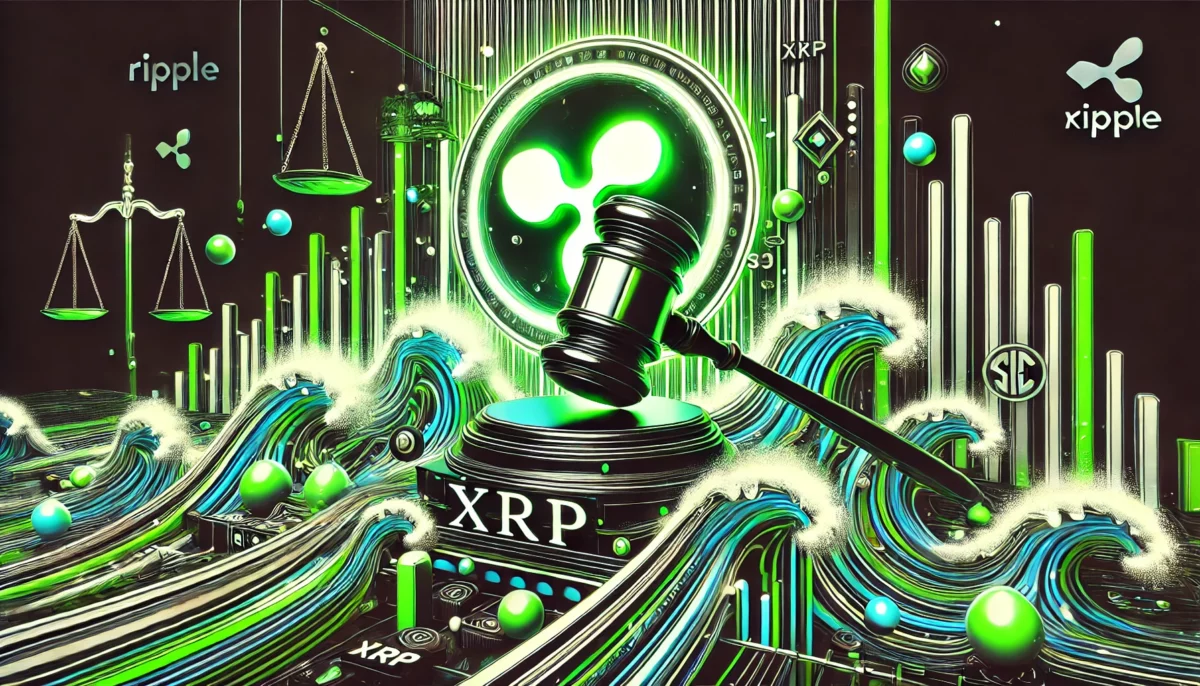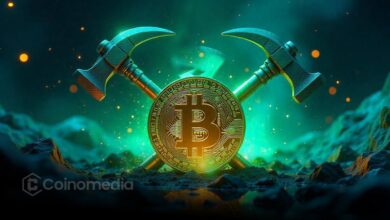Why are blockchain games not popular in South Korea?
Players are not opposed to going online, but they are concerned about the greed of publishers.
Original title: Why Korean Gamers Resist Blockchain
Original author: 1mpal, crypto KOL
Original translation: TechFlow

It's hard to believe that Korean players have a certain resistance to "games with blockchain elements."
STEPN has a user community of about 30,000 people in South Korea, most of whom know little about cryptocurrency, while SuperWalk has been downloaded more than 100,000 times. Blockchain games like Idle Ninja Online and Mudol have topped the app store's revenue rankings.
However, this P2E narrative suddenly stalled after the LUNA crash in May 2022. In South Korea, games must be “classified” by the Game Product Management Committee before they can go online, and public attitudes have changed after courts repeatedly rejected applications for classification for P2E games.
That said, I don’t think Koreans hate “blockchain games” per se, but rather the negative associations they bring. This article will reveal the “resistance” and “challenges” of the Korean market.
1. The existence of tokens

South Korean players have always had a negative view of game publishers. In the 2010s, the three largest game companies in South Korea—NCSoft, Netmarble, and Nexon—were collectively referred to as the “3Ns,” and not in a positive sense. They were often blamed for holding back the growth of the Korean gaming industry.
Due to this bad reputation, token issuance was quickly seen as exploitative. WeMade led the P2E narrative in South Korea by selling a large amount of WEMIX to acquire another company. This move was widely seen as an act of greed, with the company profiting not only from the game itself, but also from the token sale.
So if you want to introduce Korean players to blockchain games without any negative reactions, you need to explain that your tokens "do not directly benefit the issuer or venture capital firms." This is a hard sell, and the best statement is: "We do not issue tokens."
2. Legal regulation of fungibility

South Korean players are very active in conducting P2P transactions or RMT (real money transactions). The annual transaction volume of the largest P2P platform in South Korea exceeds 750 million US dollars. However, this is prohibited by game publishers. Games like MapleStory are relatively tolerant of RMT transactions and even form their own RMT communities. In Korean, this is called "쌀먹". (Deep Tide Note: "쌀먹" is a Korean term that is often used to describe the act of trading in games through informal channels, especially when using in-game resources for real money transactions.)
In addition to the debate on whether blockchain is suitable for RMT services, there are two options for the legal framework of Korean games:
· If only premium currency is used for transactions, the rating is R18.
· If the currency that can be obtained in the game is also used in the transaction, this falls under the regulation of gambling. Legal issues arise when it comes to blockchain markets, as the goods traded may not necessarily be marked as R18, but converting them into legal currency will face problems. Similar to tokens, NFTs are also subject to regulatory restrictions in South Korea because they are considered "fungible" if they have significant value on the external market.

The recent heated discussion about "revenue sharing" in some Web3 games is not new in South Korea. Back in 2009, RF Online paid monthly salaries to top guilds, which caused controversy, but this did not violate the law. This was allowed because these payments were not related to in-game items. However, if in-game items can be directly converted into cash, this is prohibited in South Korea.
3. Age of players

There is a sizeable population of young investors in Korea. They are responsive, smart, and well-informed. Knowing that P2E models tend to break down, they avoid falling into a death spiral. It would be a mistake to assume that targeting a younger audience will be the key to winning over Korean players. When you look at the user demographics of successful blockchain games (or apps) in Korea, the results are quite interesting. The core user base of MIR4, MUDOL, STEPN, and SuperWalk consists of males in their 30s and 40s. They tend to be numb to community noise, and interestingly, they have less backlash against blockchain games.
I once wrote a blog guide about the successor of MUDOL for a Korean portal. Maybe young investors have stopped paying attention and think MUDOL is a failure, but to this day, more than 350 people have used my invitation code to register their first overseas centralized exchange (CEX), and these people are all in their 40s.

It’s not without reason that many game projects still regard South Korea as an attractive market. Competition is fierce here, the ARPPU (Average Revenue Per Paying User) of MMORPG (Massive Multiplayer Online Role-Playing Games) is high, the game quality is excellent, and it is also the fourth largest game market in the world. However, some of the claims about its potential are exaggerated. I have communicated with many players, and although they may be skeptical about blockchain games themselves, they rarely hate the keyword "blockchain". What they worry about is the greed of game publishers and that ordinary players may be affected when the token price collapses.
Gamers do not seem to be opposed to official support for RMT (real money transactions), which is currently a legal gray area, or a pure revenue sharing model. However, this may require giving up control of the "tokens" or waiting for the Korean government to clarify regulations on in-game monetization.
Disclaimer: The content of this article solely reflects the author's opinion and does not represent the platform in any capacity. This article is not intended to serve as a reference for making investment decisions.
You may also like
XRP Lawsuit: Is Ripple Postponing Settlement to Prep for IPO?

Bitcoin ETFs See $83M Inflow, Ethereum Faces Outflows
Bitcoin spot ETFs gained $83M in inflows for 6 days straight, while Ethereum ETFs saw 13 days of outflows.Ethereum ETFs See Continued OutflowsShifting Investor Sentiment Between BTC and ETH

South Korea’s Crypto Investors Surge Past 9.6M in 2024
South Korea's crypto investors hit 9.66 million in 2024, with 50+ age group dominating high-value holdings.Wealthy Individuals Lead the Crypto BoomFuture Outlook for South Korea’s Crypto Market

Bernstein Slashes 2025 Outlook for BTC Miners
Bernstein cuts 2025 price targets for Bitcoin miners IREN, CleanSpark, and Riot, citing weak performance and AI-driven investor shift.AI and High-Performance Computing Steal the SpotlightOutlook for Bitcoin Miners in 2025

